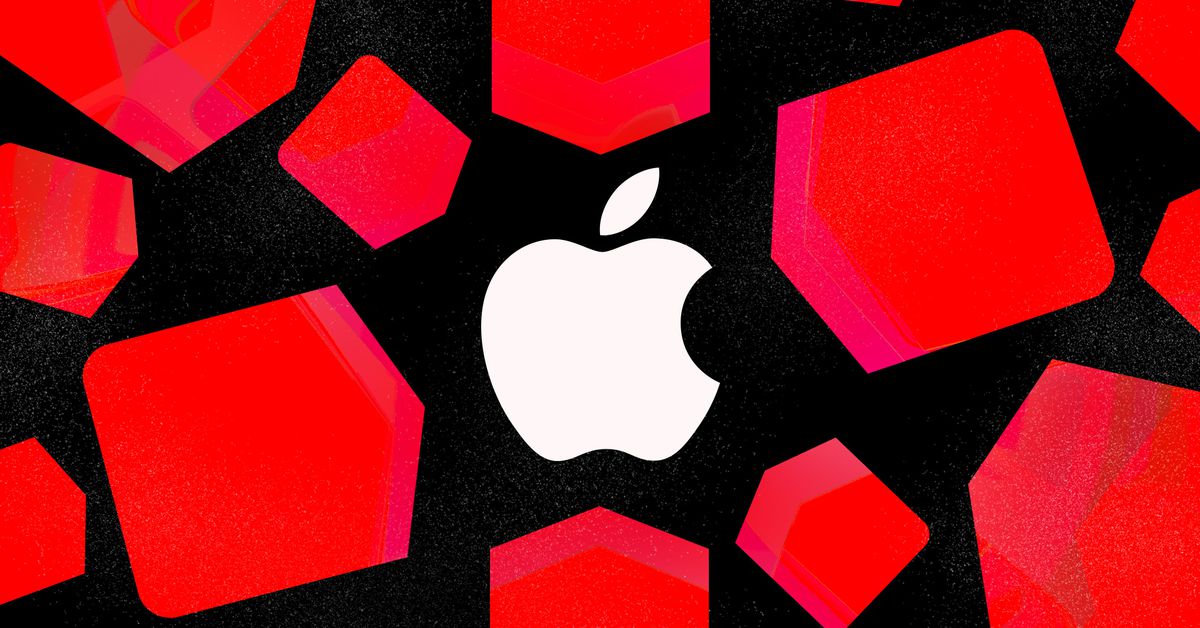An app might rewrite this clickbait headline — here’s why
Image: ArtifactThe Artifact news app only just started letting users mark articles as clickbait, but starting Friday, the app will actually be able to rewrite clickbait-y headlines for you in real time with some help from OpenAI’s GPT-4 large...
/cdn.vox-cdn.com/uploads/chorus_asset/file/24398651/Product_Shot.png)
The Artifact news app only just started letting users mark articles as clickbait, but starting Friday, the app will actually be able to rewrite clickbait-y headlines for you in real time with some help from OpenAI’s GPT-4 large language model. If enough people mark a story as having a clickbait headline, Artifact might start showing an AI-rewritten headline to all users.
It’s a fascinating — and fast — evolution of a feature that only rolled out last week to Artifact, the new app from Instagram’s co-founders that’s kind of like a TikTok for text.
In an interview with The Verge, Artifact co-founder Kevin Systrom says that the app has already seen “tons” of people use the clickbait marker. “It’s clear that people are passionate about ridding the world of clickbait,” he says. “It touches a nerve. What if we actually just build a product that lets you take action based on the problem that you’re seeing?”
Clickbait exists in part because so much news is shown to you on social media in a very competitive environment. To get your attention, headlines may be overly spicy or omit information to entice you to click. But on a news-focused app like Artifact, people are already there to read the news, making the ambiguous headlines feel particularly out of place.
Clickbait headlines aren’t just annoying for Artifact users, though: they can also mess things up for Artifact’s recommendation systems. Sometimes, clickbait headlines can tell the systems that “you’re interested in things you may not actually be interested in because you’ve clicked to find out some key bit of information that was left out of the title,” Systrom says.
Systrom showed me a demo of the AI-driven rewriting process. When a user marks something as a “clickbait title” (you can find the option by long-pressing the article in your feed), they’ll see a little loading animation show up where the offending headline used to be, and then the new headline will appear. Next to the headline, there’s a little star indicating that it’s not the original title. Artifact isn’t able to rewrite headlines in articles themselves; it can only rewrite them from the feed.
You can get an idea of how it works in the screenshot below, provided by Artifact.
Image: Artifact
Humans at Artifact will also be reviewing a queue of headlines that are rewritten the most and can choose to push a revised headline to all Artifact users, Systrom says. This process is manual right now, but it could become automatic down the line.
Systrom is confident in the accuracy of the AI-rewritten headlines. “In our experience in testing, it’s basically always right,” he says. “I don’t think we’ve actually found an example where it hasn’t been right. We’ve found examples where it’ll rewrite the title and it’s not necessarily better, but it’s not worse.” (Hilariously, as Artifact was refining the feature, Systrom told me that it actually wrote some clickbait itself because it was used to seeing those types of headlines online.)
While talking with Systrom, I wondered if Artifact has ambitions to automatically rewrite every headline using AI — if the clickbait marker is already a hit with users, what if they love what the AI writes for them? Fortunately, it doesn’t sound like that’s in the cards. “I really appreciate and respect the editorial authority that publishers and writers have over their content,” Systrom says. “I think this is really only targeted at the most egregious cases when it causes problems for the users.”

 MikeTyes
MikeTyes 






























